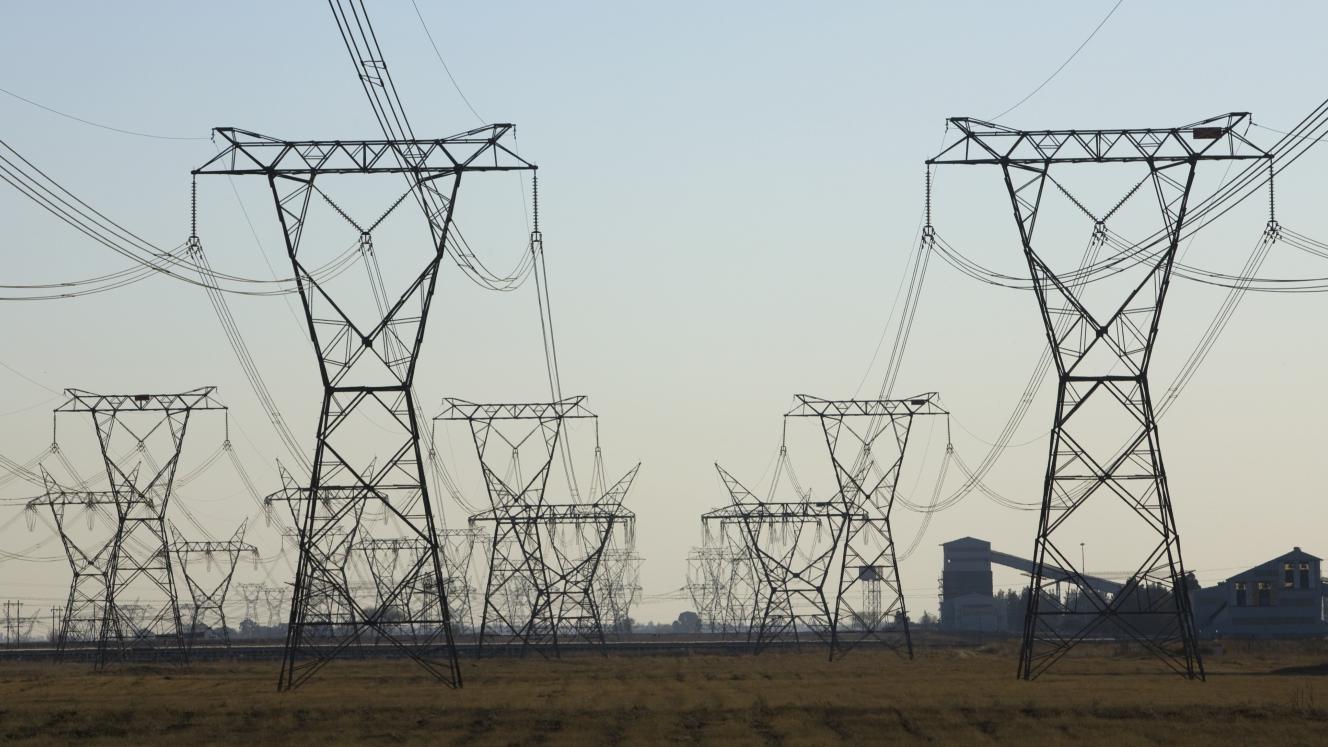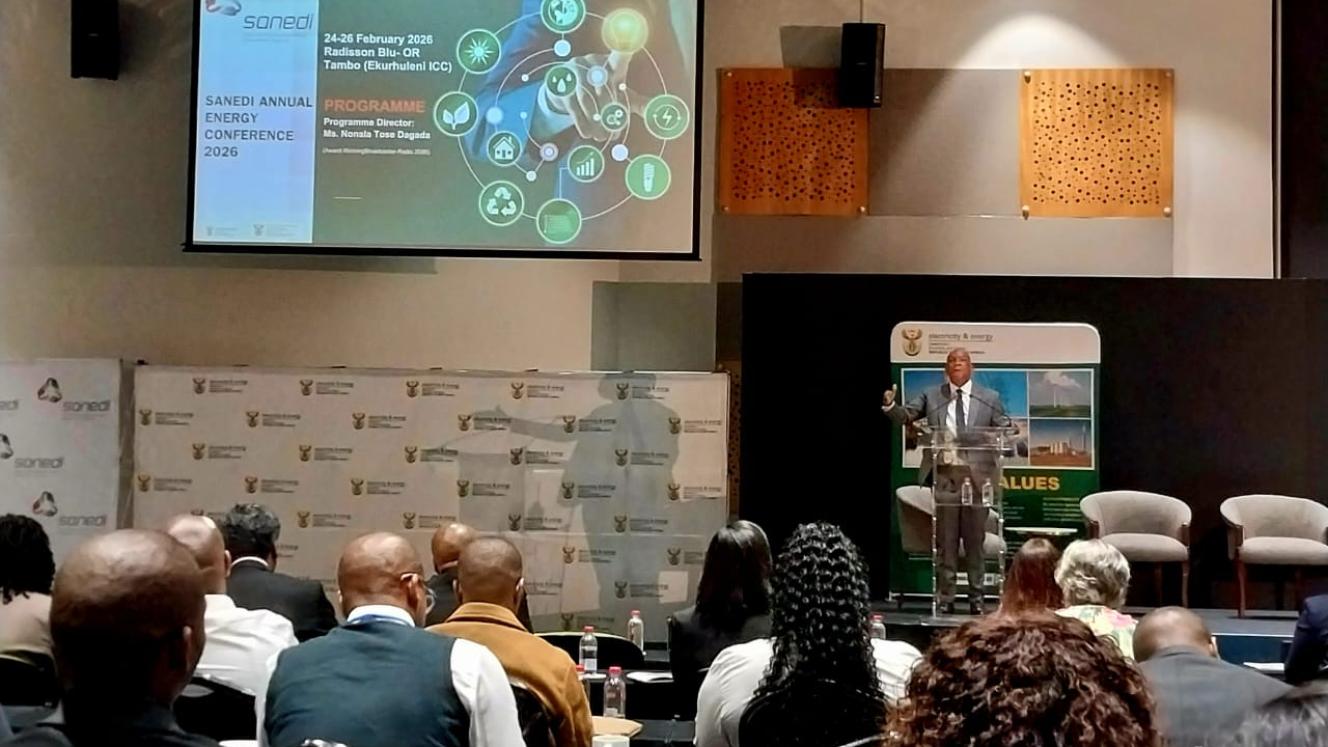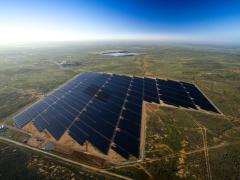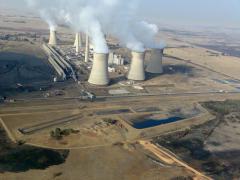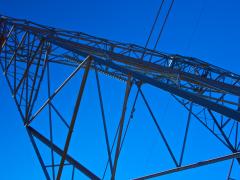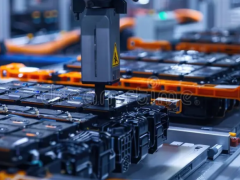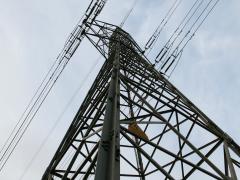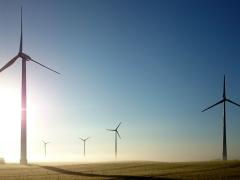Expanding access to electricity wheeling for South African small and medium-sized enterprises (SMEs) and tertiary sector businesses could unlock up to R308 billion in cumulative capital investment by 2042, create nearly 280 000 new jobs and reduce emissions by 30,6 million tonnes of CO₂e annually at full implementation.
These outcomes are drawn from scenario-based economic modelling in Wheeling for Growth: The Socioeconomic Impact of Expanding Renewable Energy Access in South Africa – a white paper developed by research and advisory firm Krutham and commissioned by Discovery Green.
The white paper was released alongside the launch of Ampli Energy, a new electricity wheeling platform from Discovery Green in partnership with Sasol – aimed at enabling SMEs to access renewable electricity.
Modelling a full switch to wheeled renewables
The scenario modelled in the white paper assumes that SMEs and non-energy-intensive firms in the tertiary sector, which account for 15-20% of national electricity demand, gain full access to wheeled renewables and switch entirely from grid power. Based on this assumption, Krutham’s model estimates:
- 16,9 GW of new solar and wind capacity will be required.
- 3,7 GWh of battery storage will need to be deployed.
- The transition will drive R308 billion in capital investment through 2042.
- Participating firms could save R15 billion to R45 billion annually in tariffs, depending on whether wheeled power is 10-30% cheaper than current grid tariffs.
- Tariff savings could create 52 000 new jobs per year, primarily in micro enterprises.
- The infrastructure buildout will generate 228 000 jobs (62% temporary construction jobs).
- If wheeling reduces tariffs by 20%, long-run GDP growth could increase by 0,7%.
The white paper highlights that, despite their share of demand, SMEs and tertiary sector firms currently face significant barriers to accessing wheeled energy, including lack of tailored market mechanisms, regulatory complexity and limited transmission availability.
Wheeling heralds a new era of energy democracy in South Africa, says Andre Nepgen, Head of Discovery Green. “By dismantling barriers to access, we are empowering businesses of all sizes to innovate, expand and compete on a global stage. This transition is about more than just energy; it represents a strategic move towards creating a resilient, sustainable economic future that benefits every South African.”
